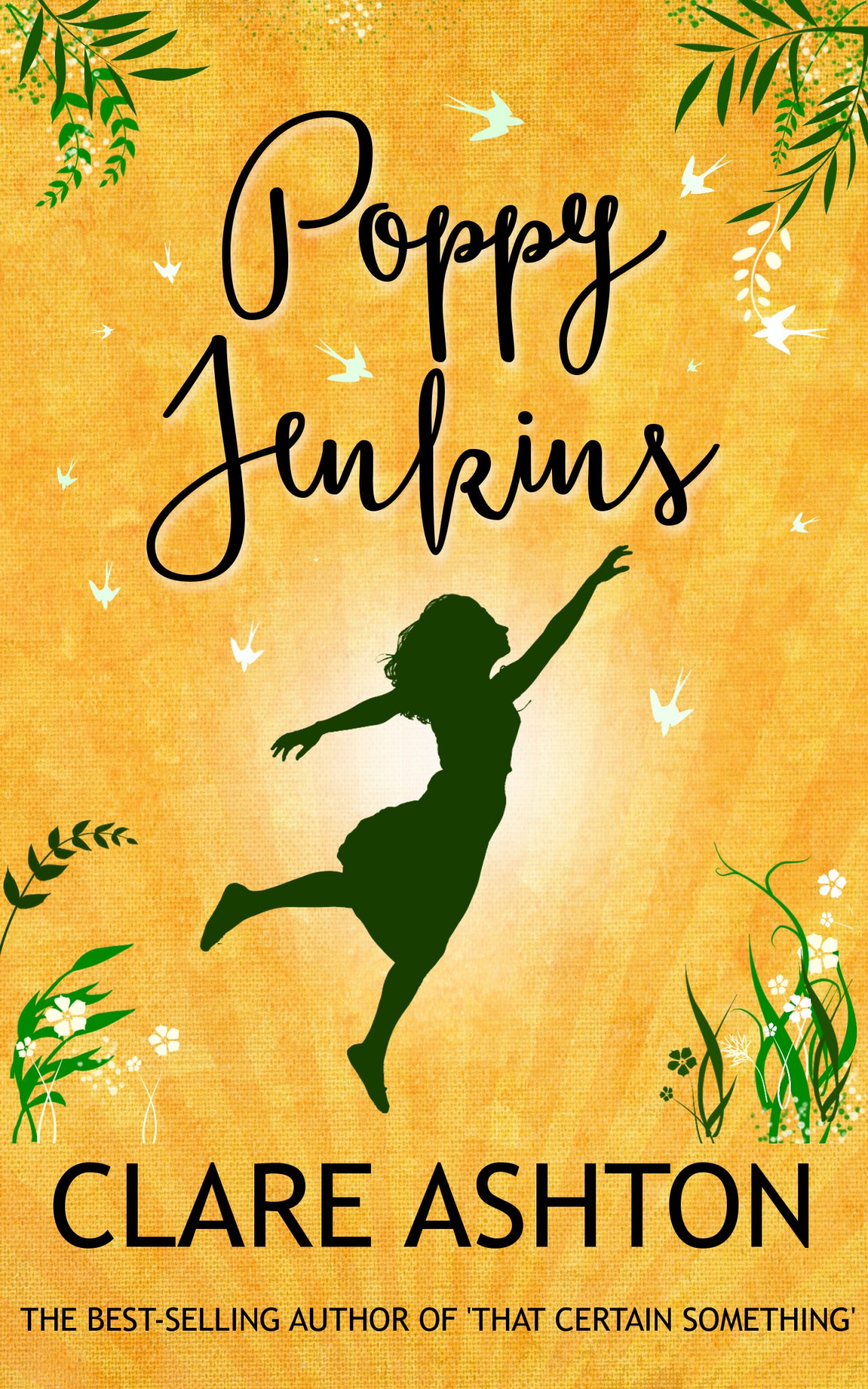Poppy Jenkins is a refreshing lesbian romance with authentic characters and a wonderful sense of humour. Prior to reading this, I was at our local public library with my wife, whinging about how I wanted a whimsical Euro-romance in the style of Maeve Binchy or the more modern Cecilia Ahern. To my delight, I got all of the Welsh whimsy I could ever want in my reading of Poppy Jenkins.
Clare Ashton writes delightful, detailed characters throughout Poppy Jenkins. Both the protagonist, Poppy, and her childhood crush, Roslyn, are fleshed out (quite literally!) with strengths, weaknesses and character development and feel both realistic and romanticised. In fact, the physical descriptions craft a vivid, living mental image of moving body parts, the Welsh country side and small town communities. I felt all at once a spectator and part of the community as I laughed along with the local side stories that are littered throughout the novel. Poppy’s family, including her quirky mother, quick grandma and youthful little sister, interact naturally throughout the plot, adding depth and colour instead of just being placeholders.
I won’t speak much about the plot itself; girl meets childhood crush again later in life – will they spark up again? There is underlying current of chemistry between Poppy, the out lesbian, and Roslyn, the seemingly straight friend, that moves the story along at varying speeds. At times, it reaches fever pitch, with sexual innuendoes providing very funny conversations between the leads. I laughed out loud many a time, explaining little plot points to my wife as though talking about my friends.
I loved the lighthearted yet genuine plot and i devoured this book. It has been some time since I have read such a well written lesbian romance, that treats its characters as more then stereotypes or cliches. I have already sought out Clare Ashton’s other books and look forward to delving deep into her other worlds. Thank you Clare for your wonderful novel; for treating the lesbian leads as real characters and making the love scenes genuine. You have set a new standard for me to compare all other lesbian books to!

